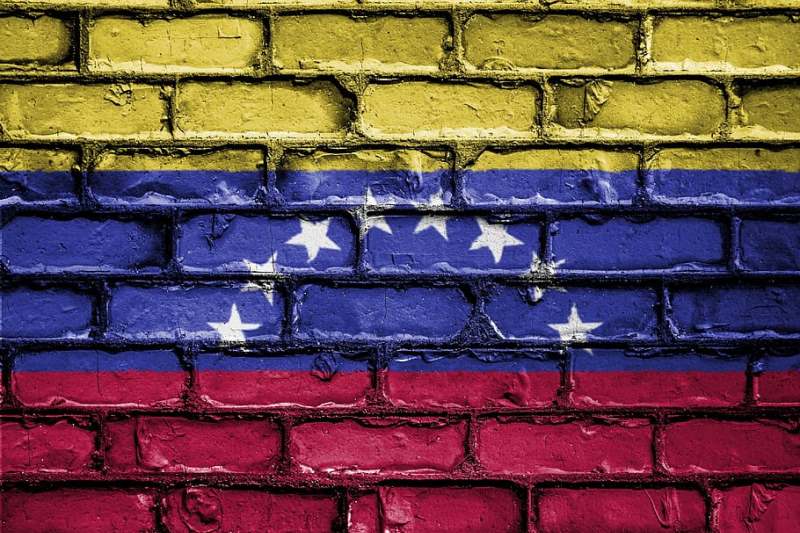
As Bitcoin mania took over the world, governments the world over considered launching their own digital currencies. However, none actually took the leap until now. The government of Venezuela, a South American country, has launched its own form of cryptocurrency, the ‘Petro’, on Tuesday.
Amid the country’s rising economic crisis which has led to hyperinflation and a worthless national currency, the government is issuing the Petro in an effort to bolster the economy.
Venezuela holds the world’s largest oil reserves and the government is backing the Petro with its oil barrels. As the bolívar, the fiat currency of Venezuela, has failed, the government will accept the Petro as payment for things like national taxes and public services.
Economic goals
According to expert estimations, Nicolás Maduro;s government is aiming to raise more than $2 billion with this move.
Moreover, like any other token sale, the government has released details of the areas in which it intends to use the funds. As the whitepaper shows, 38% of the coins are reserved for a discounted closed-door presale, while 44% will go for the public offering. The government will distribute the remaining 18% to the Superintendency of Currency and Related Activities. In total, the government will issue 82.4 million Petros. However, the digital coins are not redeemable for barrels of crude oil.
According to reports, the government made $735 million on the first day of pre-sale.
The government will sell Petros for both fiat currencies and other cryptocurrencies, but it will not accept the bolívar – it seems that the government lost interest in its own currency. The authority will also enable atomic swaps to remain independent from the third-party crypto exchanges.
Petro already in use?
In a recent tweet, Venezuelan oil minister P.P. Petróleo revealed that Maduro has ordered the country’s state energy company, PDVSA, to close a few deals using the coin. The directive will also be applicable to the state-run conglomerate CVG.
🇻🇪 Presidente @NicolasMaduro: Anuncio en primer lugar dar la orden de absoluto cumplimiento al empresa PDVSA Pequiven y CVG para como empresa del Estado realicen un porcentaje de sus ventas a partir en moneda Petro convertible #ElPetroEsVenezuela pic.twitter.com/nav4dN7QJZ
— Min. PP Petróleo (@MinPetroleoVE) February 21, 2018
Criticisms
Currently, Venezuela is under economic sanctions by the US and the EU, and raising funds in dollars from around the world will help the government resume international trading without depending on the American banking system.
However, this bold move is not being taken well by many experts.
The New York Times quoted Cynthia J. Arnson, director of the Latin American Program at the Woodrow Wilson International Center for Scholars: “I just think it’s a desperate move by a regime that is increasingly isolated and has an economy that has spiraled out of its control.”
“The Petro will most likely suffer all of the same ills as Venezuelan debt,” said David Smilde, a sociology professor at Tulane University, an expert on Venezuela’s economic conditions.
Venezuela to pre-sell its ‘petro’ cryptocurrency tomorrow. This is chavismo drinking their own Kool-Aid. A word of advice: Don't drink it either. https://t.co/vdkxSywEgZ
— Prof. Steve Hanke (@steve_hanke) February 19, 2018
In a letter to the treasury secretary, Florida Senator Marco Rubio and New Jersey Senator Robert Menendez wrote: “We have serious doubts about whether Venezuela has the capacity to launch a cryptocurrency…But regardless, it is imperative that the U.S. Treasury Department is equipped with tools and enforcement mechanisms to combat the use of cryptocurrency to evade U.S. sanctions in general, and in this case in particular.”
(Photo: pxfuel)

